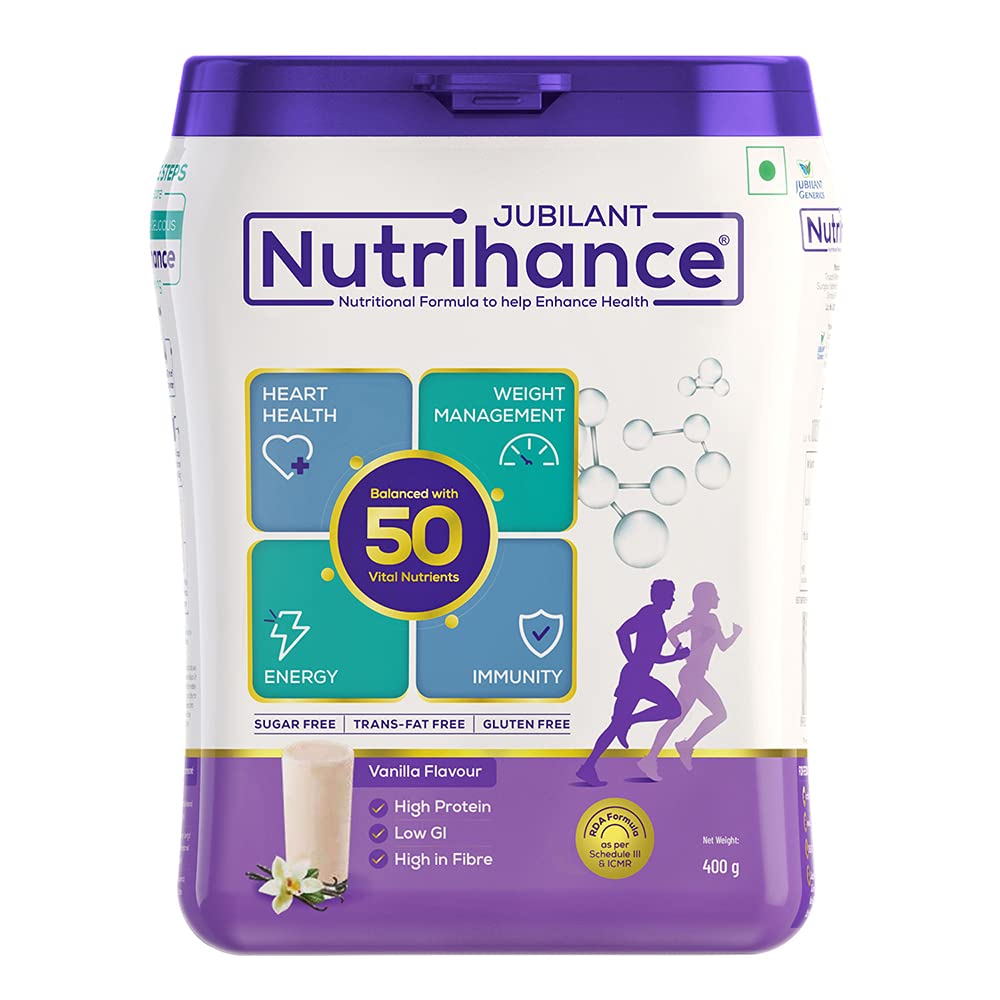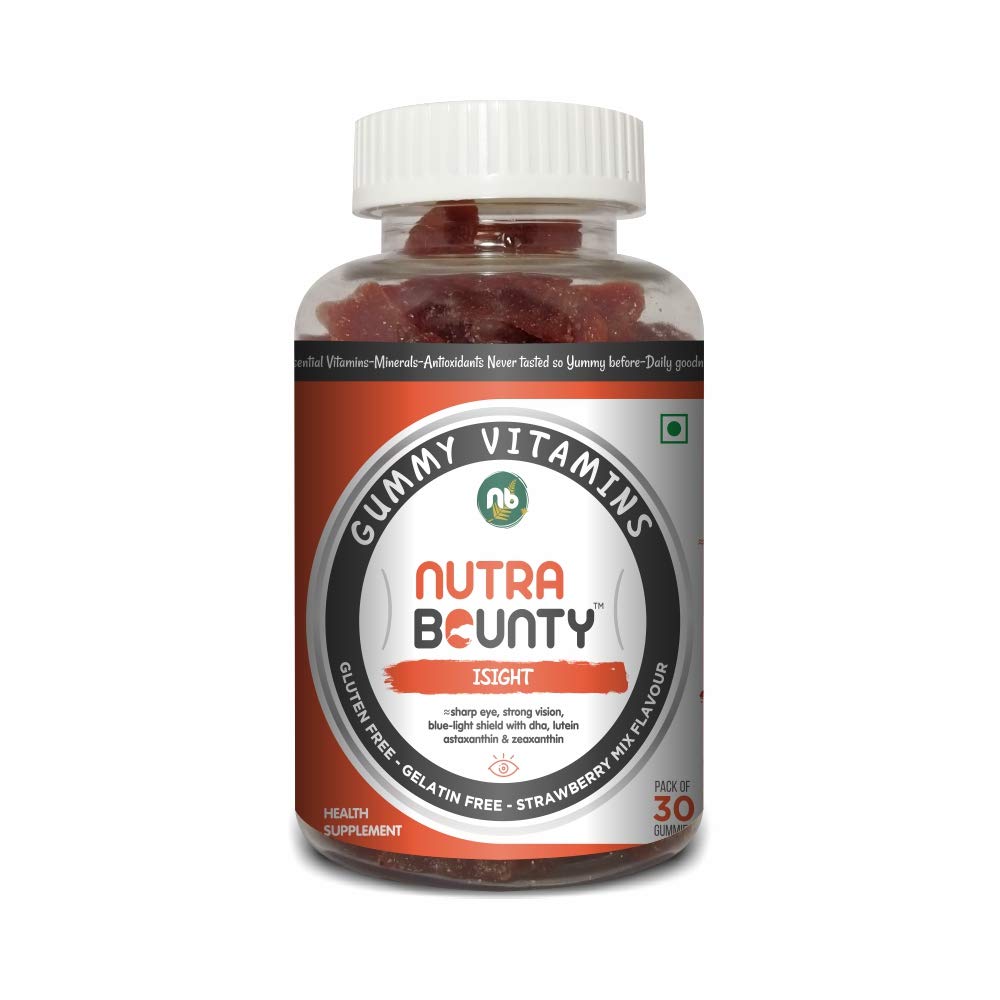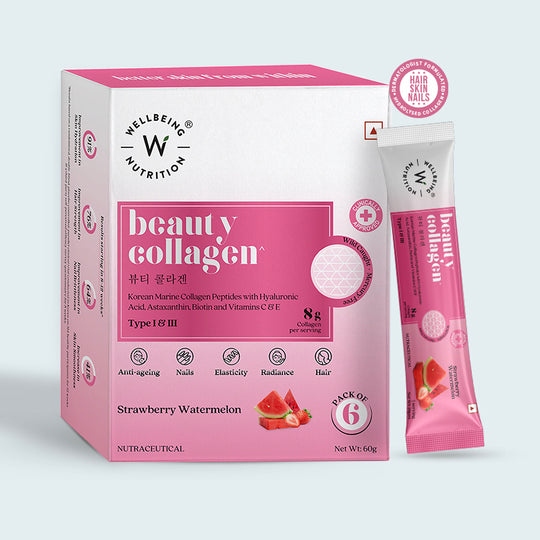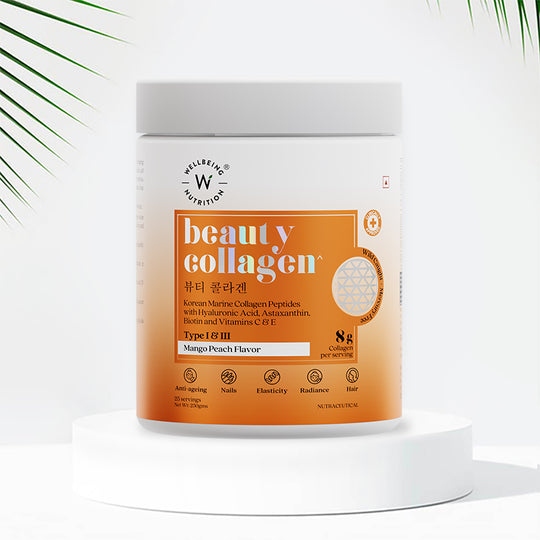Astaxanthin
Micronutrient
Last update date: October 11, 2023
Astaxanthin is a plant pigment, it can be both; naturally occurring and synthetically made. It has antioxidant properties. It can be used to treat Alzheimer's disease, ageing skin, muscle soreness from exercise, and many others.
Frequently Asked Questions
1.
What is Astaxanthin?
Astaxanthin is a natural red pigment classified as a carotenoid. It is primarily found in certain types of algae and is responsible for the pink-red color observed in salmon and other marine organisms. As a potent antioxidant, astaxanthin plays a crucial role in protecting cells from potential damage caused by harmful free radicals. Additionally, it has been shown to have positive effects on the functioning of the immune system, thereby contributing to overall health.
2.
What is positive impact of Astaxanthin?
Astaxanthin has garnered attention for its potential benefits in various areas, although it's important to note that further scientific evidence is needed to fully substantiate these claims. Some of the purposes people use astaxanthin for include: Alzheimer's Disease: While research is ongoing, some studies suggest that astaxanthin's antioxidant properties may be helpful in protecting brain cells and potentially reducing the risk of neurodegenerative conditions like Alzheimer's disease. Athletic Performance: Astaxanthin's ability to combat oxidative stress may aid athletes by promoting faster recovery, reducing muscle soreness after intense exercise, and enhancing physical endurance. Aging Skin: Astaxanthin's antioxidant effects are believed to combat skin aging caused by free radicals and environmental factors, potentially improving skin elasticity and reducing wrinkles.
3.
What is negative impact of Astaxanthin?
Astaxanthin, when consumed in small amounts through natural food sources, is considered safe. However, taking astaxanthin supplements may lead to some side effects. It is essential to be aware of the potential risks: Increased Bowel Movements: Some individuals may experience more frequent bowel movements after taking astaxanthin supplements. Red Stool Color: Consumption of astaxanthin can cause a harmless side effect of temporary red coloration in the stool. Stomach Pain: In high doses, astaxanthin supplements may lead to stomach discomfort.
4.
Who should avoid Astaxanthin?
Astaxanthin is generally safe for consumption by the majority of individuals when taken in appropriate doses. However, certain groups should exercise caution and consider avoiding astaxanthin supplements: Pregnant and Nursing Women: As with most supplements, it is advisable for pregnant and nursing women to consult a healthcare professional before taking astaxanthin. Individuals with Allergies: If you have known allergies to astaxanthin or related substances, it is best to avoid its supplementation.
5.
What are common sources of Astaxanthin?
Astaxanthin is naturally present in several foods and marine organisms. Some common sources include: Algae: Certain types of algae are rich sources of astaxanthin. Yeast: Phaffia yeast is a significant commercial source of astaxanthin. Salmon and Trout: These fish acquire astaxanthin through their diet of algae and krill. Krill, Shrimp, and Crayfish: These marine creatures also contain astaxanthin due to their diet. Commercially, astaxanthin is obtained mainly from Phaffia yeast, Haematococcus algae, and through chemical synthesis.











